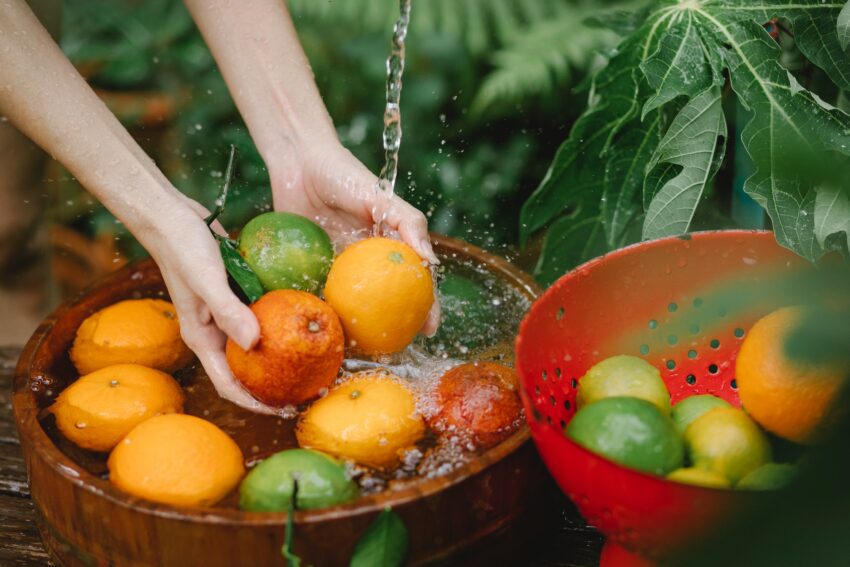No matter how skilled you are as a gardener, insects and diseases might eventually attack your garden.
While pests are inevitable, you do not need to use hazardous chemicals to keep them out of your garden. Instead, seek assistance from pest experts who use organic pest control techniques.
Organic pest control will not contaminate groundwater, lakes, or rivers with artificial chemicals, and they are less likely to damage beneficial pollinators like bees and butterflies.
You can use various organic pest control methods to protect your plants against pests. You can look online at Pest Control Experts and they will be able to help you with a list of preferred providers who are just a call away and can help you make sure your home is always free of pests, and keep them at bay. Some of them will be discussed below
Bacillus Thuriengensis (Bt)
Bacillus thuringiensis is a microbe found naturally in the soil. This organic pesticide is a bacteria that, when consumed by insect larvae, infects them. Once consumed by the insect, the bacterium secretes a protein that makes the pest cease eating entirely, starve, and die after a few days.
The most common type of Bacillus Thuringiensis based pesticide is a powder sprinkled or dusted on a plant. The strains are hosts specified and are not harmful to humans, animals, birds, or bees.
Use Of Insecticidal Soaps
Insecticidal soaps are produced from unsaturated long-chain fatty acids. It kills soft-bodied insects by dissolving their cuticles, which causes the insect to become dehydrated and eventually suffocate.
This procedure won’t harm your plants because the soap must come into direct touch with the insect to work. The insecticidal soap will only remain effective for a few days once mixed, so you should only mix up the needed portion at once.
Apply Neem Oil
Neem oil is obtained from the seeds of neem plants which contain numerous additional steroids and a naturally occurring active pesticide known as azadirachtin.
The insects will start eating less, grow more slowly, and eventually lose interest in laying eggs when applied to plants and sprayed on pests.
It is essential to remember that neem oil is not selective; while it kills pests, it can also hurt some soft-bodied beneficial insects. You can only apply the solution on plant surfaces because it can be harmful when in contact with the soil.
Spray With Spinosad
Spinosad is a fast-acting bacterium derived from fermented bacteria naturally found in the soil. It paralyzes a variety of chewing insects in other to kill them but has little impact on sucking insects.
It is necessary to note that while spinosad does not harm other beneficial predatory insects when it is moist, it is toxic to bees. You must give the substance at least 3 hours to dry before letting bees come in contact with it to keep them safe.
Apply Diatomaceous Earth(DE)
Diatomaceous earth is created by crushing the shell and fossil remnants of diatoms into a fine powder. Pests die whenever the powder touches them because it dries out their exoskeleton.
Pests with fragile bodies die eventually when diatomaceous earth is sprinkled on the plants, which causes them to get dehydrated.
Although diatomaceous earth is efficient at getting rid of pests, it can also kill the insects that pollinate our gardens. Therefore, it should not be sprayed on plants If pollinators visit nearby flowers and plants.
Not all insects are harmful to your garden; many of them serve as pollinators, which are vital to the life of the plants. Using natural pest-control techniques, you can ward off unwanted insects without endangering yourself or the beneficial insects that support the growth of your garden.

